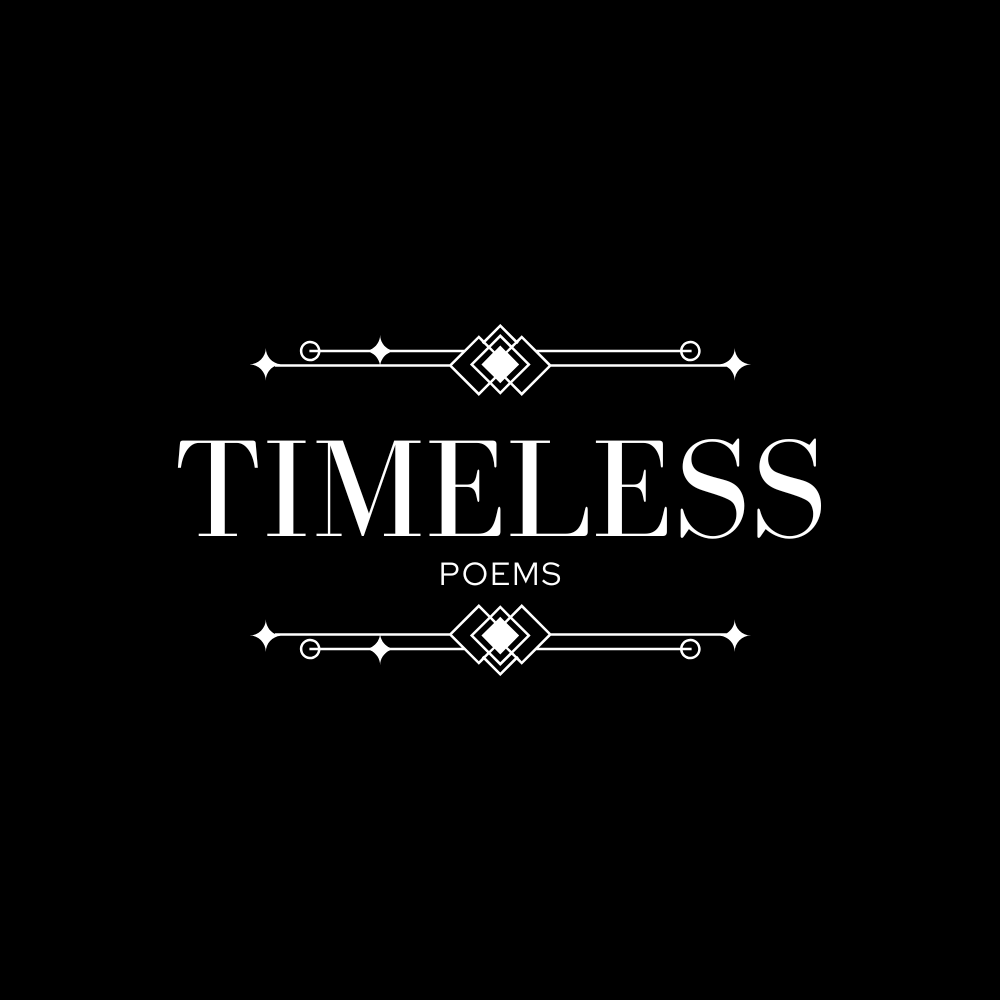The Short Poem-Japanese And American
The Short Poem-Japanese and American
2401
The South Atlantic Quarterly con-
firms all that its contemporaries have
averred of late years regarding the
tendency of many Japanese poets to
extreme brevity It publishes several
examples to illuminate the subject for
the benefit of those who do not know Japanese
The poetess Chiyo, for instance, upon
discovering one day that a morning-
glory vine in falling had encircled her
within its tendrils disposed of the beau-
Liful thoughts which the incident
aroused in her sensitive breast by writ- ing:
Asagao n1
Tsurube torarete
Moral-midzu
The groom of the celebrated Japanese
poet Basho was riding with his master
through a country lane when he sur
prised the latter by describing a dragon
fly with this Improvisation:
Akn-tombo-
Hane wo tottare,
To-garashi!
Another Japanese poet has done even
better, by summing up the past and
present history of the dragon fly, and
prophesying as to its probable future
in this beautiful verse:
Tambo no
Mo of the iri-hi no
Insekal
In these days, when everything that
relates to the little Jap is of intense in-
terest to us, we naturally wonder
whether or not we can hope to com-
pete with him in this field The short-
est poem in the English language, as
far as our researches extend, is in the
nature of a reply made by one es-
teemed contemporary to another in the
heat of a political campaign
This, if our memory serves us right,
ran as fol- lows:
Nuff
Gulf
We entertain misgivings to
whether the Japanese bards have ever
gone farther than this in the way of
condensation, and yet the late Charles
A Dann is credited with having ex-
pressed even more in an equally short
poem He was speaking, we believe,
with reference to an editorial in the
columns of one of the neighboring jour-
nals when he said:
What
Rot
It is possible that the Japanese have
done better than this We do not ven-
ture to say that they have not But
they will have to bring forward the proof
